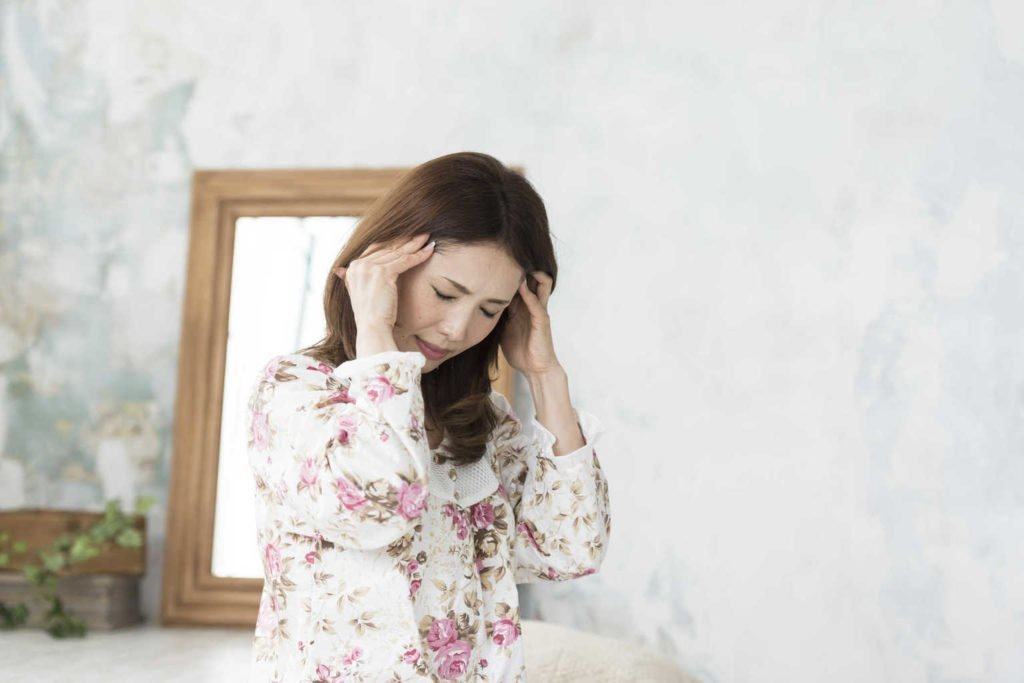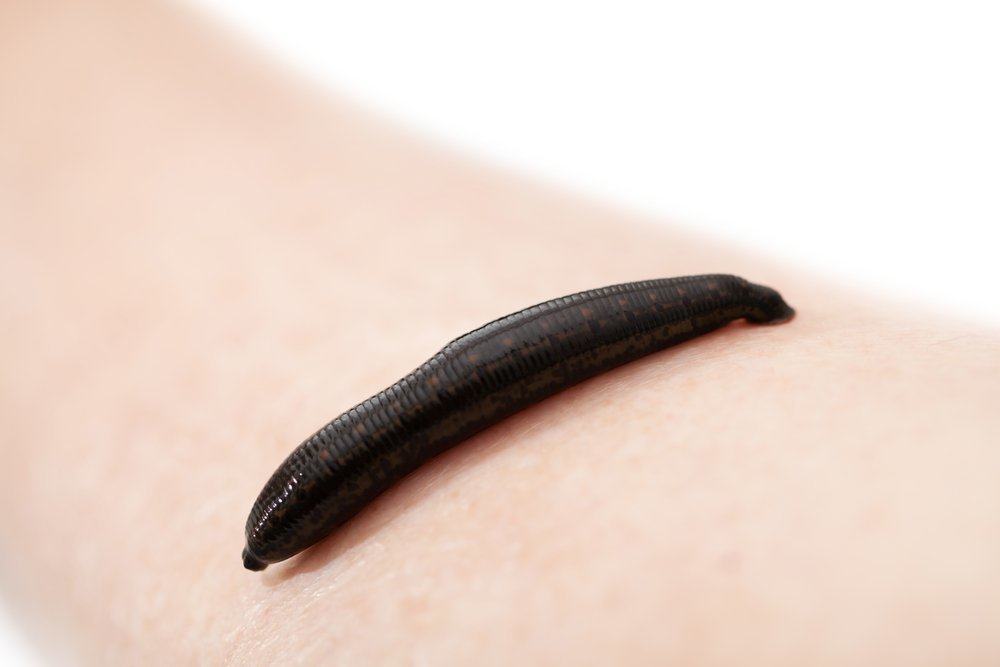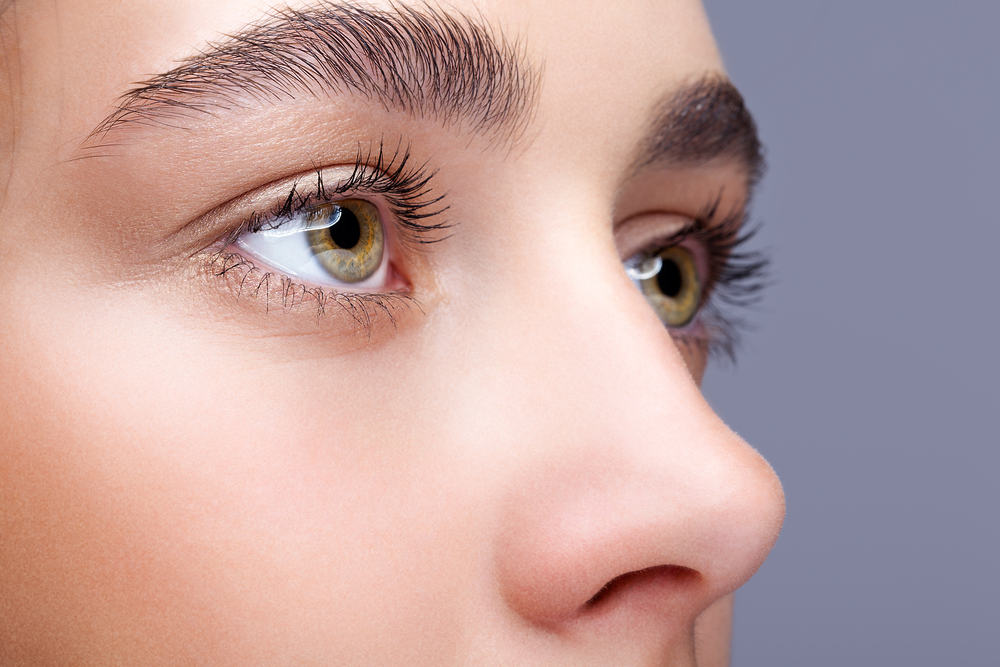Contents:
- Medical Video: Postpartum psychosis: A mother’s story | BBC Tomorrow's World
- What are the symptoms of postpartum psychosis?
- How common is postpartum psychosis?
- Can postpartum psychosis be cured?
Medical Video: Postpartum psychosis: A mother’s story | BBC Tomorrow's World
Postpartum psychosis is a serious and rare mental illness, and can attack a new woman becoming a mother. Postpartum psychosis usually begins to occur a few days or weeks after giving birth and can suddenly occur.
What are the symptoms of postpartum psychosis?
Initially you will feel happy, energized, and unable to sleep, then continue with unnatural symptoms. Postpartum psychosis is more similar to bipolar disorder and manic depression, compared with depression.
Every case of postpartum psychosis has different symptoms, but the common symptoms are:
- Hear sounds and see things that don't exist (hallucinations)
- Change mood extreme (mood swings)
- Manic behavior, like cleaning the house at midnight
- Feeling disconnected from reality
- Feeling confused, maybe not recognizing friends or family
- Imagine, believe in things that are not true or illogical.
It's likely that other people will realize your behavior changes before you realize it.
How common is postpartum psychosis?
Often, mothers who have postpartum psychosis also have manic depression (bipolar affective disorder) or schizophrenia. If you have experienced postpartum psychosis before, or have had a mental disorder while pregnant, you are at risk.
You will be more likely to have postpartum psychosis if you have a history of mental disorders in your family, especially bipolar disorder.
However, having these factors does not necessarily mean you will experience postpartum psychosis after childbirth. If your midwife and doctor know you have a risk, they can quickly plan treatment for you.
Postpartum psychosis can also occur without warning. This is more common in first pregnancies than later pregnancies, and if the birth process is problematic or traumatic.
Can postpartum psychosis be cured?
Yes. It is important to immediately seek help as soon as possible. If conditions are not dealt with, hallucinations and delusions can make you do things that you will not think about in good health. This can endanger your life and your baby's.
This condition is treated with antipsychotic or antidepressant drugs, under the supervision of a psychiatrist. You may need to be hospitalized for some time. Supposedly, your baby can be with you in a special room for mother and child.
The type of treatment depends on how severe your condition is and how you breastfeed your baby. If you want to keep breastfeeding, your doctor will prescribe a medication that is safe for nursing mothers.
You might also be given electroconvulsive therapy (ECT), so you can keep breastfeeding. In addition, you might be offered speech therapy, like cognitive behavioral therapy (CBT).
Most women recover from postpartum psychosis within a few weeks of treatment, but total recovery can take longer.
If you have had a mental disorder and are worried about postpartum psychosis, discuss it with your midwife or doctor.
If you feel you or someone you know might suffer from postpartum psychosis, seek medical help immediately. Although this is a serious condition, most women manage to recover completely with proper treatment.
Hello Health Group does not provide medical advice, diagnosis or treatment.












